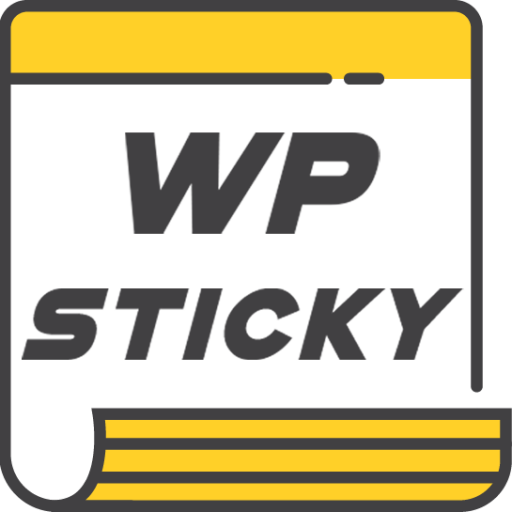Starting an ecommerce business can be overwhelming, especially for beginners who are not familiar with the digital tools needed to build, operate, and scale an online store. From choosing the right platform to optimizing conversion rates, ecommerce entrepreneurs must utilize a variety of tools to streamline their operations and maximize profitability. Understanding which tools are truly essential can make all the difference between early success and frustration.
To help simplify the journey, here is a breakdown of the must-have ecommerce tools every beginner should consider.
1. Ecommerce Platform
The ecommerce platform is the foundation of any online store. For beginners, choosing a user-friendly platform is essential. Popular platforms like Shopify, WooCommerce, and BigCommerce are ideal for those who want simple interfaces and extensive support.
- Shopify: Best for ease of use and integrated tools
- WooCommerce: Ideal for WordPress users
- BigCommerce: Scalable and great for advanced reporting

2. Payment Gateway
An efficient payment gateway ensures smooth and secure transactions. Most ecommerce platforms come with built-in support for gateways like PayPal, Stripe, and Square.
- PayPal: Internationally trusted with buyer protection
- Stripe: Great for developers and recurring billing
- Square: Ideal for both online and in-person sales
3. Inventory Management Tools
Tracking inventory manually can lead to mistakes and lost sales. Tools like TradeGecko (now QuickBooks Commerce) and Zoho Inventory help beginners monitor stock levels, track orders, and manage suppliers all from one dashboard.
4. Email Marketing Software
Marketing is key to ecommerce success. Email marketing platforms such as Mailchimp, Klaviyo, and Omnisend allow beginners to craft targeted email campaigns, automate follow-ups, and improve customer retention.
5. Website Analytics Tools
Every ecommerce site needs to understand customer behavior. Google Analytics remains a top pick for tracking web traffic, conversions, bounce rates, and more. These insights help beginners refine marketing strategies and optimize the shopping experience.
6. SEO Tools
To drive organic traffic, beginners need robust SEO (search engine optimization) tools. Applications like SEMRush, Ahrefs, or Ubersuggest help with keyword research, competitor analysis, and content optimization.
7. Graphic Design and Product Image Tools
Visuals significantly influence customer decisions. Tools like Canva and Fotor allow non-designers to create stunning graphics for product photos, social media posts, and banners.
8. Customer Support Tools
Customer service can make or break a business. With tools like Zendesk, Freshdesk, and Tidio, beginners can provide professional and timely support via email, chat, or even chatbots.
9. Social Media Management
Social platforms are vital for marketing and customer engagement. Tools such as Hootsuite, Buffer, and Later can schedule posts, monitor engagement, and analyze performance across multiple sites.
10. Shipping and Fulfillment Tools
Having the right logistics in place ensures timely delivery and satisfied customers. Tools like ShipStation, AfterShip, and Easyship integrate with ecommerce platforms for efficient shipping label creation, tracking, and returns handling.
Conclusion
For ecommerce beginners, the right combination of tools can save time, reduce errors, and increase sales. While not every tool listed may be necessary at launch, investing in a few key platforms ensures a more professional, efficient, and scalable system. As the online store grows, additional tools can be introduced to further enhance operations.
FAQ
- Q: Do I need to use all these tools from the beginning?
A: No. Start with the essentials like an ecommerce platform, payment gateway, and email marketing tool. Expand as your business grows. - Q: What is the most beginner-friendly ecommerce platform?
A: Shopify is often considered the most user-friendly due to its drag-and-drop functionality and built-in features. - Q: Can I run an ecommerce store from my phone?
A: Yes, many tools like Shopify, Mailchimp, and Hootsuite offer mobile apps that allow you to manage your store on the go. - Q: How much do these tools typically cost?
A: Many tools offer free versions or trials, but most full-feature platforms will range from $10 to $100+ per month depending on usage. - Q: Do I need coding knowledge to start an ecommerce store?
A: Not necessarily. Most tools and platforms mentioned are designed for beginners and don’t require coding knowledge.
